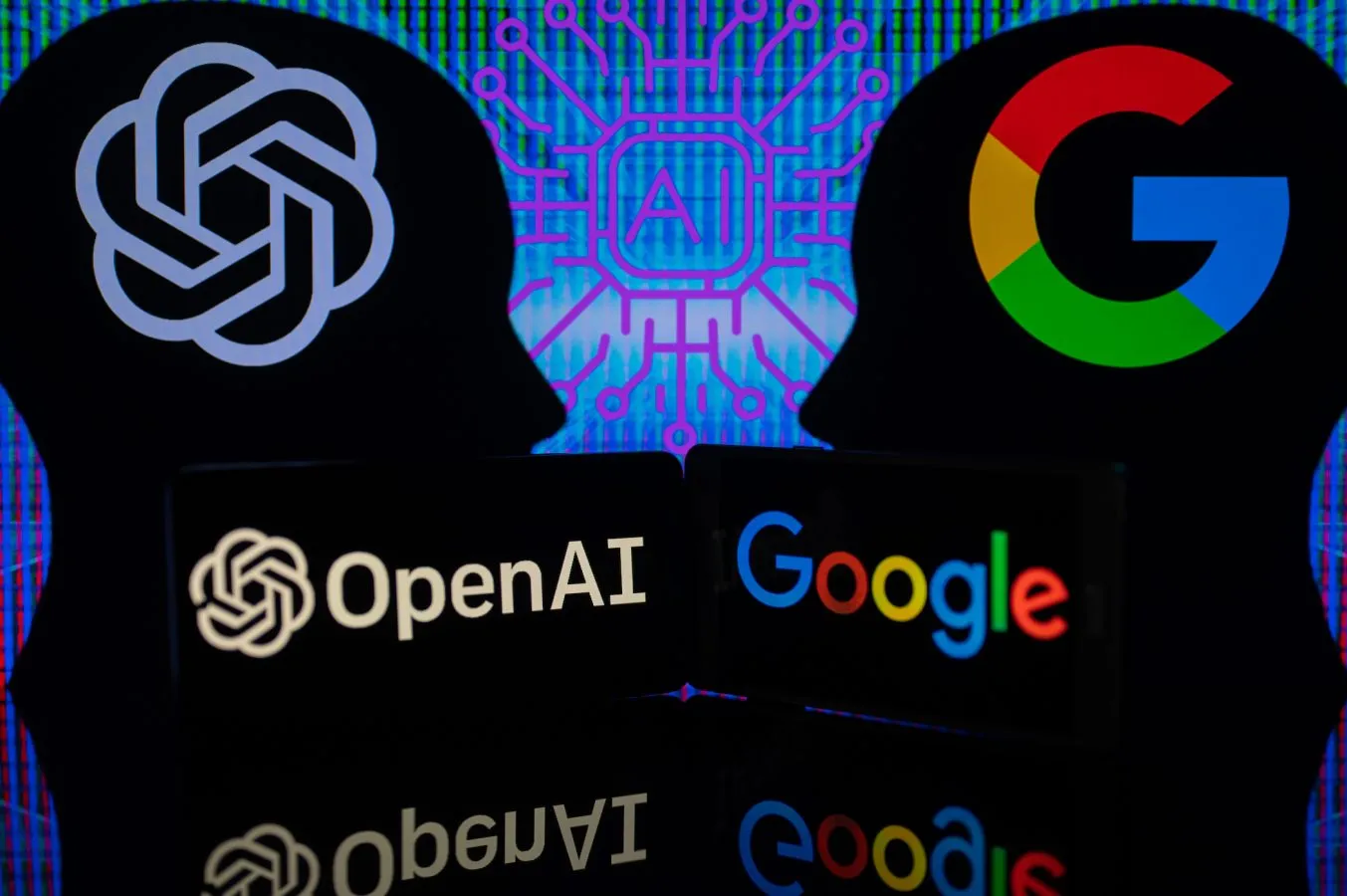In the world of artificial intelligence and technology, change is the only constant. The latest development in this ever-evolving landscape is OpenAI's new venture, SearchGPT, a search engine poised to compete directly with Google. While Google has long been the dominant force in the search engine market, OpenAI's SearchGPT is generating buzz with its innovative approach to delivering search results. Let’s explore what SearchGPT is, how it works, and what it could mean for the future of search technology.
What is SearchGPT?
SearchGPT is a search engine being developed by OpenAI, designed to harness the power of its advanced language models to provide users with more accurate and contextually relevant search results. Unlike traditional search engines that rely primarily on keyword matching and link analysis, SearchGPT aims to understand user queries on a deeper level and deliver results that are not only relevant but also informative and nuanced.
How SearchGPT Works
SearchGPT utilizes the latest iteration of OpenAI's Generative Pre-trained Transformer (GPT) models. Here’s a breakdown of its key features and functionalities:
1. Natural Language Understanding
- Contextual Comprehension: SearchGPT is designed to understand the context behind user queries. For example, if you search for “best restaurants nearby,” SearchGPT considers your location, time of day, and personal preferences (if shared) to deliver more personalized results.
- Conversational Queries: It can handle conversational queries, allowing users to ask questions in a more natural, human-like manner. This is a departure from traditional search engines, which often require specific keywords to function effectively.
 |
| image credit : www.avenue180.com |
2. Deep Learning Integration
- Advanced Algorithms: SearchGPT uses deep learning algorithms to analyze vast amounts of data and predict user intent. This helps in delivering results that are not only relevant but also aligned with the user’s search intent.
- Machine Learning: Continuous learning allows SearchGPT to improve over time, refining its ability to deliver accurate search results based on user feedback and evolving trends.
3. Enhanced Content Delivery
- Rich Snippets: SearchGPT can generate detailed snippets that provide quick answers to user queries. These snippets include key information extracted from trusted sources, offering users instant insights without needing to click through multiple links.
- Visual and Voice Search: The engine supports visual and voice search, accommodating users who prefer interactive and hands-free search options.
4. Ethical AI Practices
- Data Privacy: OpenAI emphasizes user privacy and ethical AI practices, ensuring that SearchGPT does not exploit personal data for targeted advertising or any other commercial purposes.
- Bias Mitigation: Efforts are made to minimize bias in search results, providing users with diverse perspectives and balanced information.
Potential Impacts on the Search Engine Market
1. Increased Competition
SearchGPT's entry into the search engine market introduces significant competition for Google, which has long been the dominant player. This competition could drive innovation and improvement across the industry, leading to better services for consumers.
2. Focus on User Experience
- Personalization: SearchGPT's ability to deliver personalized search results could shift the focus from sheer information retrieval to enhancing user experience. Other search engines may follow suit, prioritizing user-centric features and personalization.
- User Engagement: With its conversational and interactive capabilities, SearchGPT could redefine how users engage with search engines, encouraging a more dynamic interaction model.
3. Privacy and Ethical Considerations
- Data Protection: As privacy concerns continue to grow, SearchGPT's commitment to ethical AI practices and data protection could set new standards for the industry. This may prompt other search engines to adopt stricter privacy measures.
- Bias Awareness: By actively addressing bias in search results, SearchGPT could raise awareness about the importance of balanced information, encouraging other players to prioritize fairness and objectivity.
Challenges and Considerations
While SearchGPT shows great promise, it also faces several challenges:
1. Technical Challenges
- Scalability: Ensuring that SearchGPT can handle millions of queries per second with accuracy and speed will be a significant technical hurdle.
- Resource Requirements: The computational power required for deep learning models is immense, posing challenges in terms of infrastructure and costs.
2. Market Penetration
- Brand Loyalty: Google has established a strong brand presence and user loyalty. Convincing users to switch to a new search engine will require substantial effort and innovation.
- Partnerships and Integration: Forming partnerships with device manufacturers and software developers will be crucial for SearchGPT's widespread adoption.
3. Regulatory Compliance
- Legal Requirements: Navigating complex regulatory environments and ensuring compliance with data protection laws will be essential for SearchGPT's global expansion.
OpenAI's SearchGPT represents a significant step forward in the evolution of search technology. By leveraging advanced AI and deep learning, it offers a fresh approach to information retrieval, with an emphasis on personalization, user experience, and ethical practices. While challenges remain, SearchGPT has the potential to reshape the search engine market and redefine how users interact with technology to access information. As the competition between OpenAI and Google heats up, the ultimate beneficiaries will be the users, who can expect improved search experiences and enhanced privacy protections in the years to come.
0 Response to "OpenAI Testing Google Competitor SearchGPT "
Post a Comment